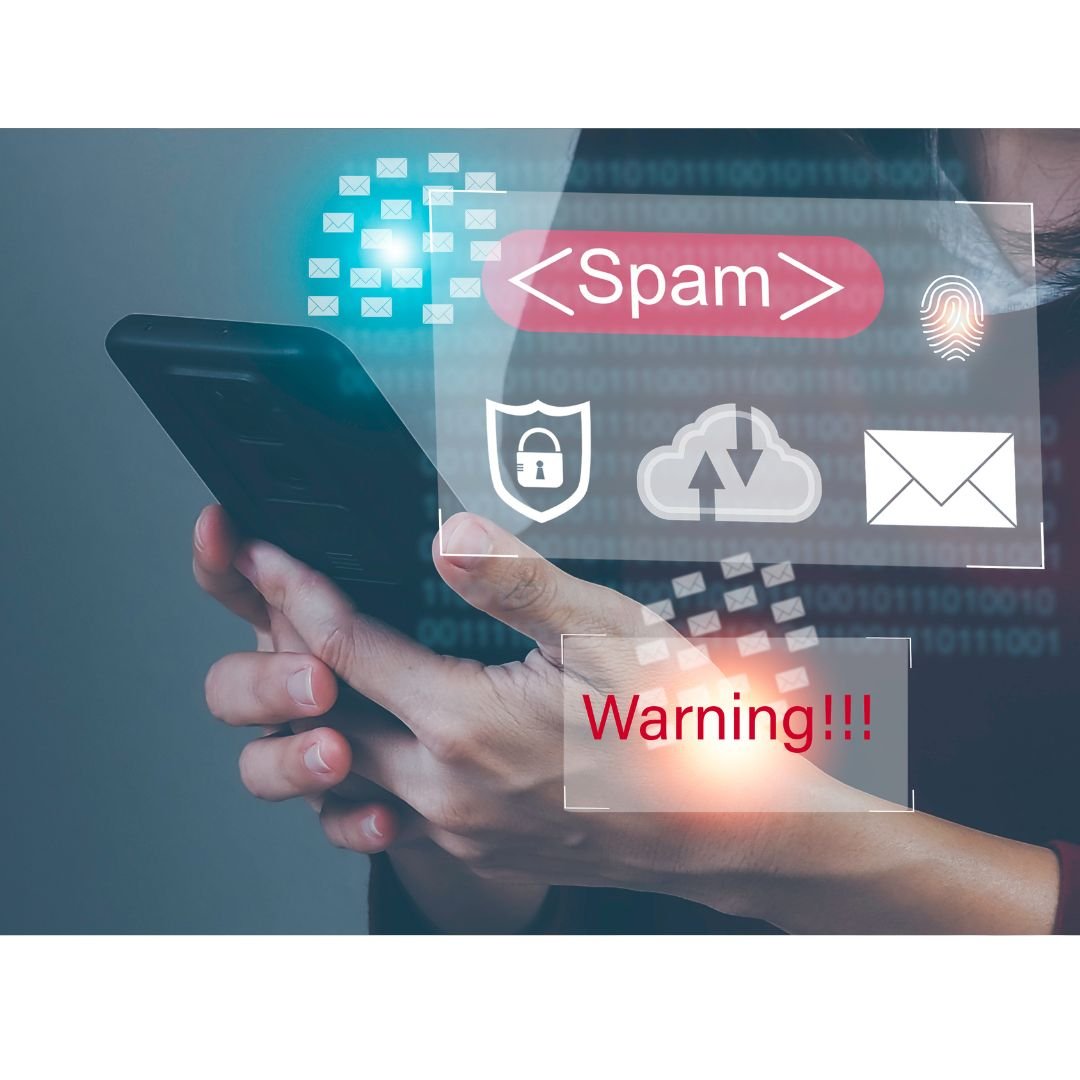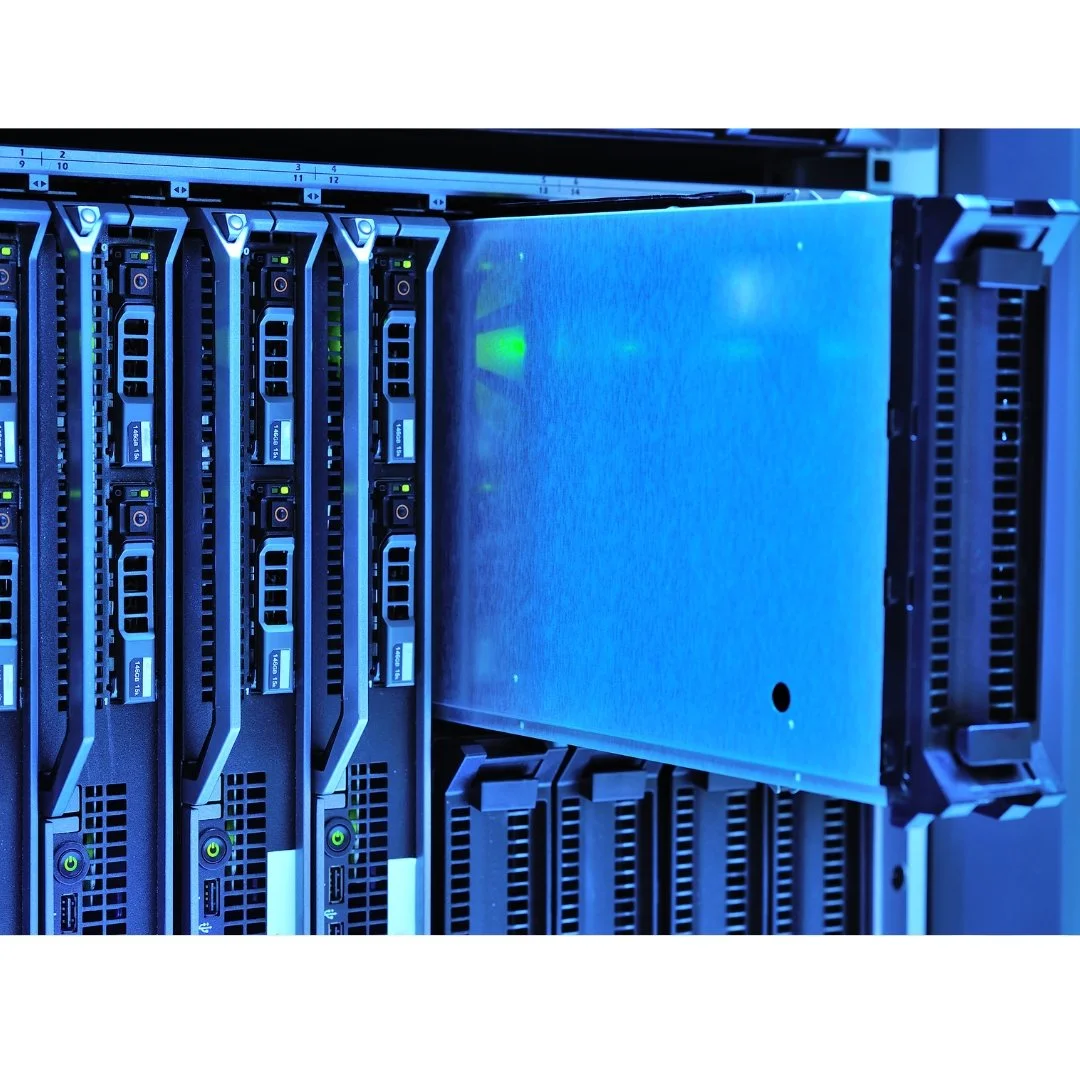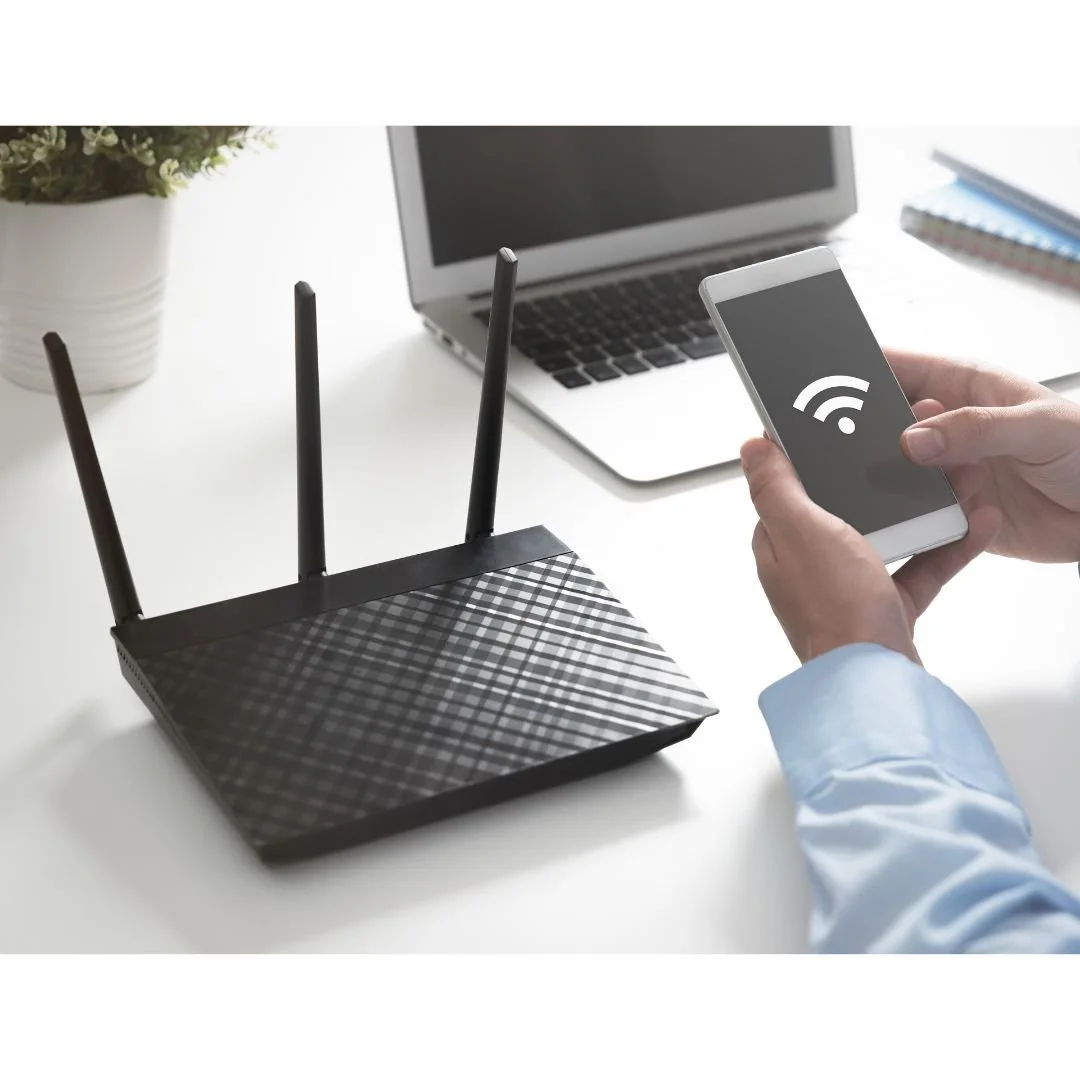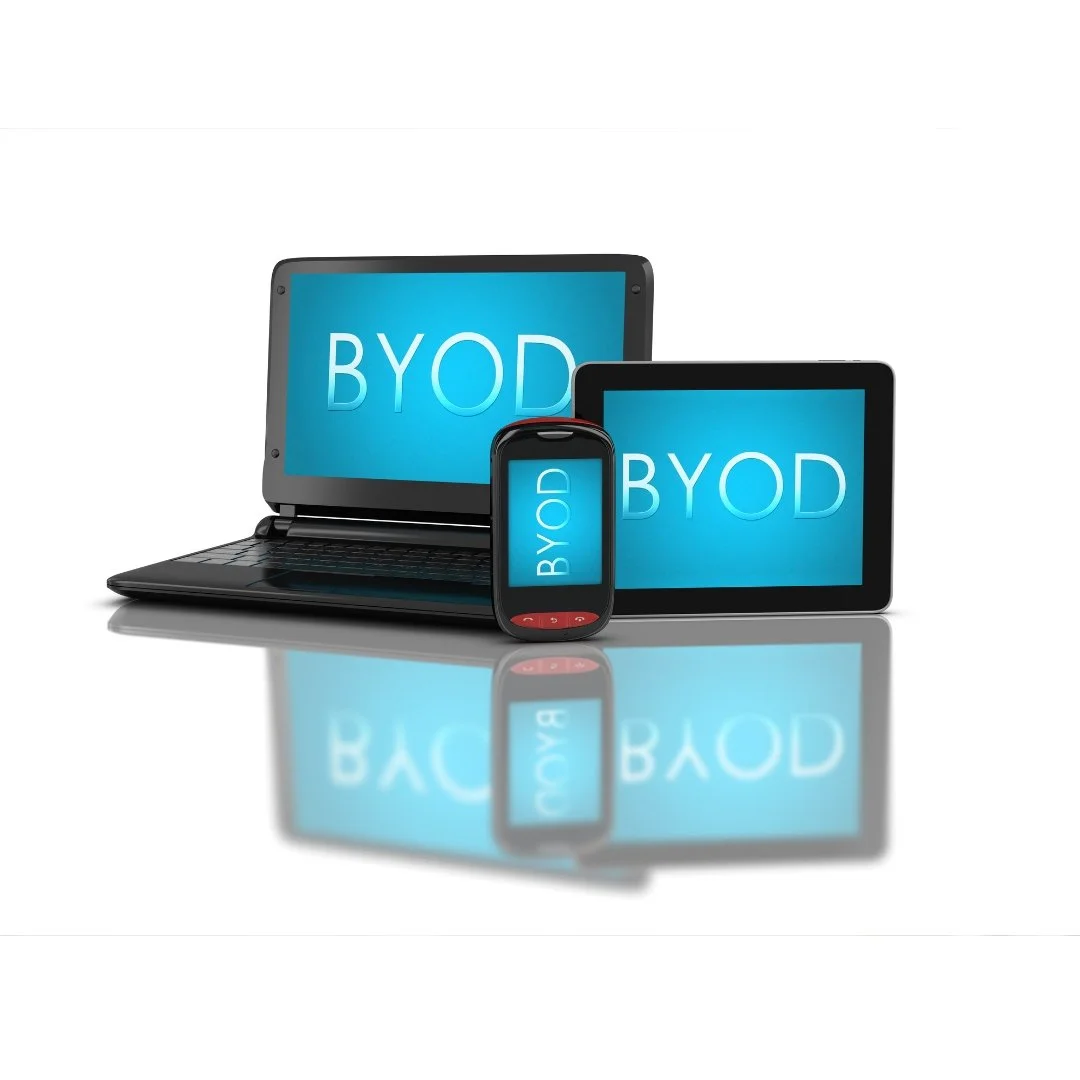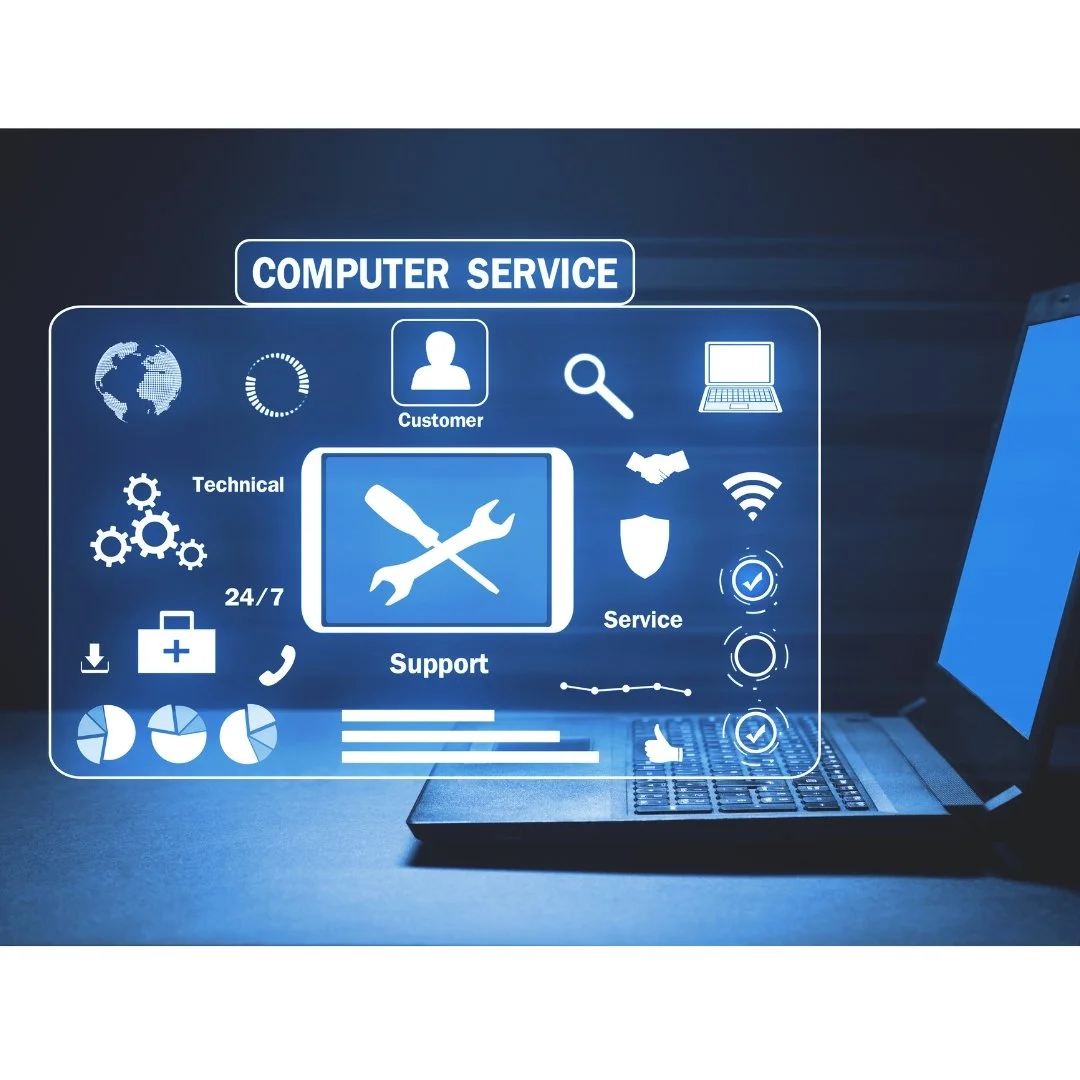What is DomainKeys Identified Mail (DKIM)?
DKIM, DomainKeys Identified Mail, is used to authenticate an email. It uses a digital signature to let the email recipient know the message and content of the email was authorized by the domain owner. How does DKIM work? Actually it's fairly complicated in terms of generating public and private keys in order to verify the content of your email.
What is SPF and How Does IT Work?
Sender Policy Framework (SPF) is an email authentication protocol designed to prevent email spoofing and spam. It restricts who can use an organization's domain as the sender of the email. In most phishing attacks, threat actors usually spoof the sender's email address to look official. SPF prevents that from being received.
What is DMARC? Geeky Edition!
DMARC, Domain-based Message Authentication, Reporting & Conformance, is an email security protocol that verifies email senders by building on the DNS services and the SPF, and DKIM protocols. It was created to block the threat of email spoofing, domain spoofing, email phishing, business email compromise, and other email-based attacks.
What the Heck is DMARC and is it Important?
DMARC, Domain-based Message Authentication, Reporting & Conformance. It’s actually a 4 letter acronym that really takes advantage of a 3 letter and a 4 letter acronym, SPF and DKIM. So together we have an 11 letter acronym. And if you want emails from your company to be safely delivered, better pay attention.
What is RAM and How Does it Work?
RAM stands for Random Access Memory, and it's a type of computer memory that is used to store data that is actively being used and processed by the computer. Unlike storage devices such as hard drives or SSDs, RAM is volatile memory, meaning it loses its contents when the power is turned off.
What You Need To Know About Insider Threats
An insider threat refers to the risk or potential harm posed to an organization's data, systems, or security by individuals who have authorized access to the organization's resources. These individuals could be current/ former employees, contractors, or business partners who possess knowledge, privileges, and/or access rights within the organization's systems and networks.
Does My Company Need a CIO or a vCIO?
A CIO (Chief Information Officer) is a high-level executive responsible for overseeing a company's information technology (IT) strategy and operations. A vCIO (virtual Chief Information Officer) is a consultant or an outsourced service provider who provides similar services as a CIO.
VR, AR, and MR…What Are They?
In recent years, technology has rapidly changed the way we interact with the digital world. There are two terms that have been used over the past few years that may sound familiar. VR, Virtual Reality, and AR, or Augmented Reality. One you probably haven’t heard of as much is MR, or Mixed Reality.
Do I Need a BCDR Device?
A BCDR device stands for Business Continuity and Disaster Recovery device. It's a specialized tool that helps businesses protect their data and IT infrastructure in case of unexpected events like natural disasters, power outages, cyber attacks, and hardware failures.
What Does a Server Do?
A server, in the IT world, is a specialized, powerful computer that serves a specific purpose. A server is a super-smart, super-organized computer that does important jobs for other devices, like your regular home computer or phone.
What is EDR, MDR, MTR and XDR?
When talking about cyber security solutions, there’s a ton of different acronyms and abbreviations. You’ve probably heard about EDR, MDR, MTR, and XDR. But what do all of these mean? Let’s dive in.
Your Router Explained!
Think of your home or office as a city, and the internet as a vast network of roads connecting different cities. Now, think of a router as the traffic cop for your city. A router is a device that helps your computer or other devices connect to the internet. It's like a central hub that manages the flow of information between your devices and the internet.
What is " BYOD "?
“Bring Your Own Device” - or BYOD – is a policy where employees use their personal devices (phones, laptops, tablets, etc.) for work, rather than company-provided devices.
What The Heck is a TSP?
I’m glad to hear that other industries are getting into the three-letter acronym (aka TLA) world. A TSP can be a teaspoon. Or it can be a Thrift Savings Plan. Or Trisodium Phosphate. Or Travel Service Provider. But for this blog, we’re sticking with IT. The term stands for “Technology Service Provider”.
What If I Need IT Services But I’m Not Tech-Savvy?
Working with an IT Managed Service Provider, MSP, can sound like a daunting task if you don't have any prior knowledge about IT. Instead of trying to go in blind, here are some tips to help you get started.
What to Look for in an IT Service Provider
Are you a business owner or manager in search of a reputable IT service provider but unsure where to begin? You're not alone. In today's technology-driven world, selecting the right IT support company is crucial for your business's success. In this blog post, we will discuss key factors to consider when choosing a reputable IT provider, backed by three illustrative examples.
Getting Started With Simplex-IT
Here at Simplex-IT, we understand looking for a new IT provider isn't fun. Pushy salespeople. Condescending IT jerks. We take a consultative approach, because we’re genuinely interested in supporting the success of your business through IT. Our proven 4 step process was designed to make this process easy.
What is Microsoft Teams Exploratory?
Hey, if your organization is using Microsoft 365, you're probably familiar with this part of the administrative role, and that is taking a look at your licenses. But have you ever seen this one? Microsoft Teams Exploratory? Either it's a trial or what the heck is it?
Are an MSP and an MSSP The Same Thing?
Managed service providers (MSPs) and managed security services providers (MSSPs) are two terms that are often used interchangeably in the IT industry, but they are not the same thing. While there may be some overlap in the services they provide, there are significant differences between the two.
Does Your Company Need a CISO?
In today's digital age, data security has become a top priority for organizations across industries. With the increasing frequency and sophistication of cyber-attacks, it's critical for businesses to have a dedicated professional responsible for their overall information security.





